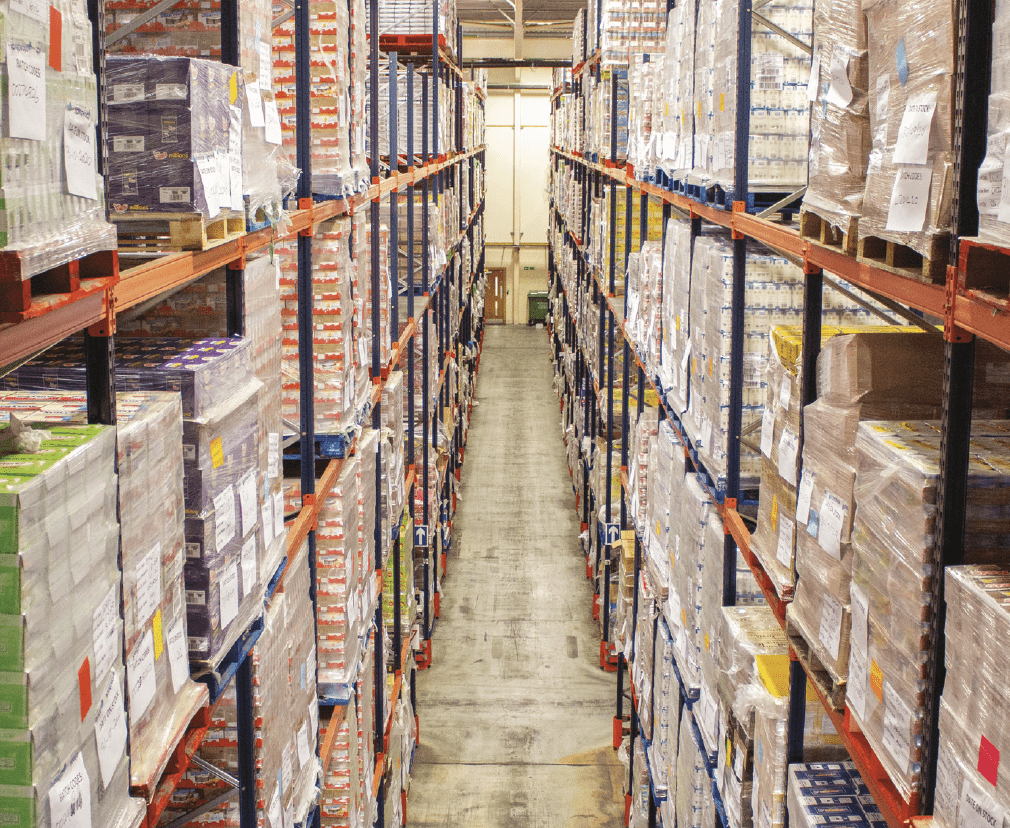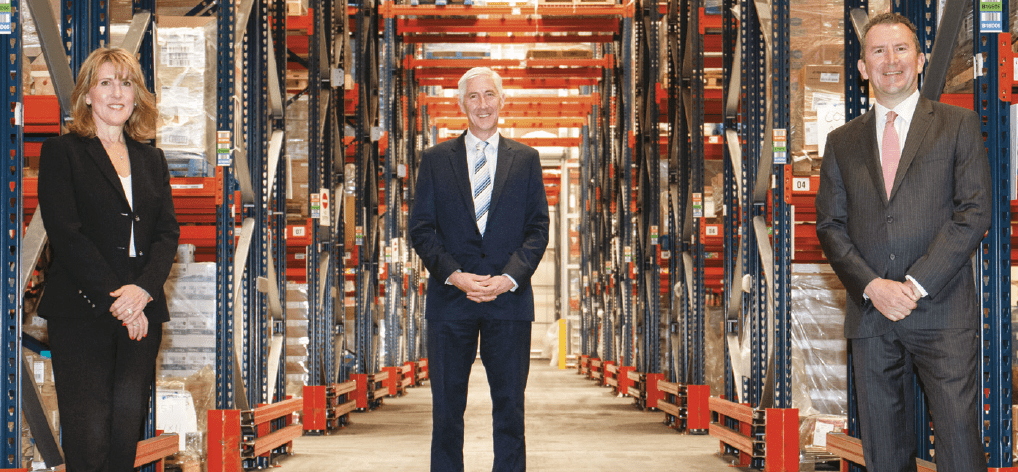Paul Hill finds out how exporting can be a game-changer for wholesalers if they get their proposition right

Pricecheck
PH: What are the key considerations before venturing into exporting products?
DH: First and foremost, research is key. While visiting the territory may seem obvious, it’s the best way to understand if your product will work in the market. Consider target demographics, competitors and market trends, as well as whether it works alongside local regulations and cultural preferences.
Other factors to take into consideration before entering new export markets are market stability and the ease of doing business, as well as customs, tax and paperwork.
It’s also important to consider your workforce, their skills and capabilities. Do you have people who are happy to travel? A multilingual workforce? Special knowledge in international logistics? If not, ensure you are prepared and able to support with training or recruitment. Be prepared for ups and downs.
Which markets show the most potential for your products?
As a large wholesaler and distributor of fast-moving consumer goods (FMGC), we stock more than 8,000 products at any given time – so it’s hard to narrow this down to just a few.
Due to the international nature of the consumer products we deal with, Pricecheck trades with customers in more than 100 countries.
Most recently, we have expanded into Estonia and Andorra as well as going beyond our traditional European territories into Fiji and Thailand.
Our top-five markets overseas include Sweden, Ireland, the US, the Netherlands and Spain. However, our strongest-performing markets change from year to year due to exchange rates and other factors.
What regulatory and logistical challenges do you tend to face when exporting FMCG products?
There are several factors to consider when exporting FMCG, from obtaining the necessary certifications and documentation to managing different regulatory requirements, and maintaining product quality and compliance.
Over the years, international trade has faced its own challenges. These include increased transport costs, delays, trade barriers and sanctions. Having a proactive strategy means we can always adapt to market changes, supply chain demand and consumer behaviour.
Every country is different, and so is customs paperwork. Having a dedicated international logistics team at Pricecheck ensures all documentation we submit is completed accurately and promptly.
Regulatory challenges such as Brexit can have a huge impact on trade, but don’t let these hold you back. By seizing new opportunities, we have seen a significant growth of 44% in export sales over the past financial year, with our figures now exceeding pre-Brexit levels by 35%.

How do you ensure product quality and consistency when exporting to different countries?
Product packaging and labelling requirements can vary significantly between countries. To support our brand partners, we continue to offer a comprehensive supply chain solution that includes relabelling, translations, print, point-of-sale units and repackaging services.
We work closely with reliable suppliers who adhere to strict quality standards. We conduct regular audits to evaluate supplier performance and address any quality issues promptly.
What are the financial implications of exporting, including currency exchange risks and potential tariffs?
Like with any business investment, exporting means a lot of initial expenditure, whether it’s in recruiting or training staff, attending overseas trade shows, logistical costs, compliance testing or trade tariffs.
You have to be aware of currency fluctuations that can erode margins. To combat this risk, we have bank accounts in different currencies and use forward contracts to lock exchange rates. In the long run, the benefits of exporting far outweigh the risks. One advantage we’ve seen is the impact on seasonal products. For example, suncare sales in the UK peak in the summer months, but exporting globally means we can extend the lifecycle of suncare products and trade year-round.
How do you develop and maintain relationships with international distributors or partners?
Our research teams gather detailed insight into prospective international customers. From Cologne to Las Vegas, we attend trade shows across the globe to develop and maintain our existing relationships while building new ones.
This is in addition to country visits, with our sales team travelling frequently to look after customers and forge strong relationships.
Language can be one of your biggest barriers when trading overseas. Hiring a multilingual team that can communicate with customers in their native language will give you a major advantage. Our international account managers speak more than 18 lang-uages and are experts in their designated regions.

commercial director Darren Goldney and joint
managing director Mark Lythe
How are you leveraging technology and data analytics to streamline export operations and identify new market opportunities?
We continue to invest in our fast-growing Belgian subsidiary, which has heavily supported our export strategy and now routes 90% of EU export orders for Pricecheck.
As part of our robust trading strategy, we have invested heavily in bespoke IT programmes. This allows for real-time access to our stock catalogue while ensuring only relevant products are offered to each market. Our systems, website and sales presenter tool enable us to show the correct landed price in the relevant currency.
As a company built on data, we can provide valuable insight for our international customers. Not only does this benefit our relationship, but it also helps them to understand trends, make informed decisions, and grow and prosper alongside Pricecheck.








